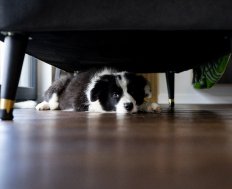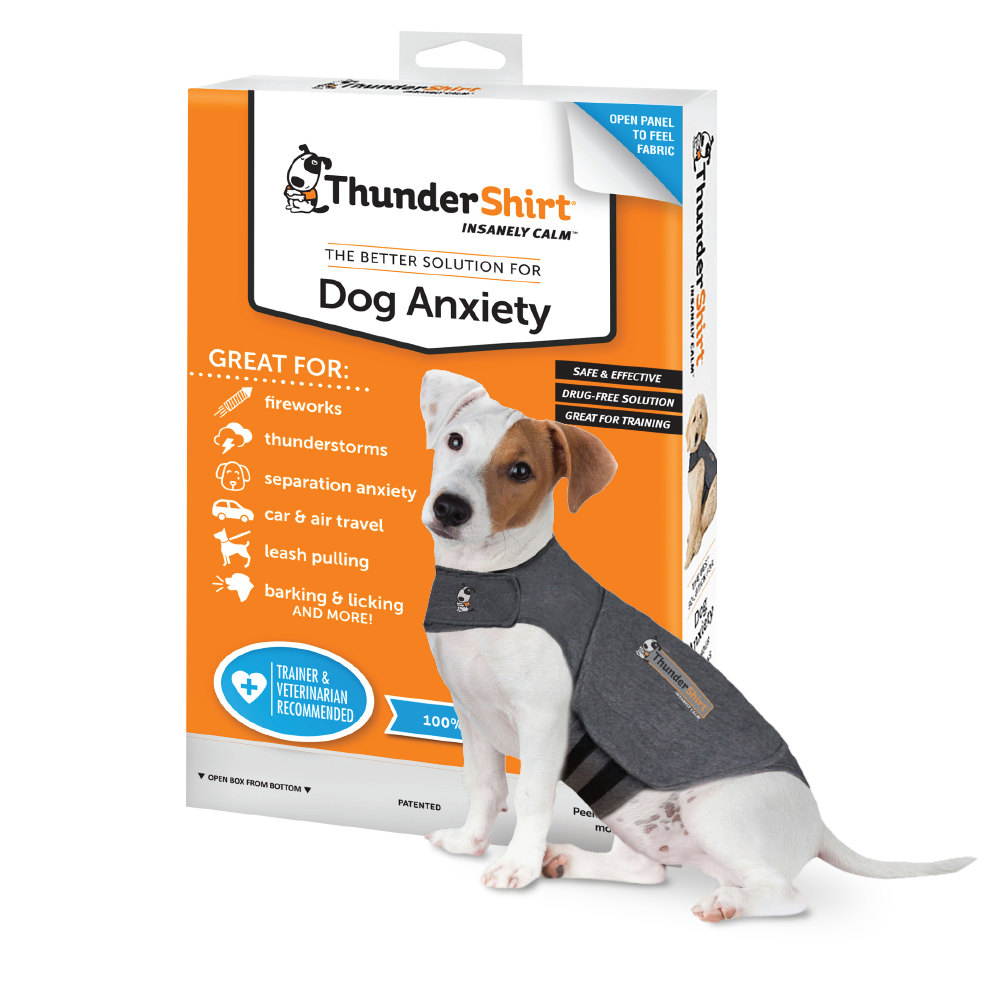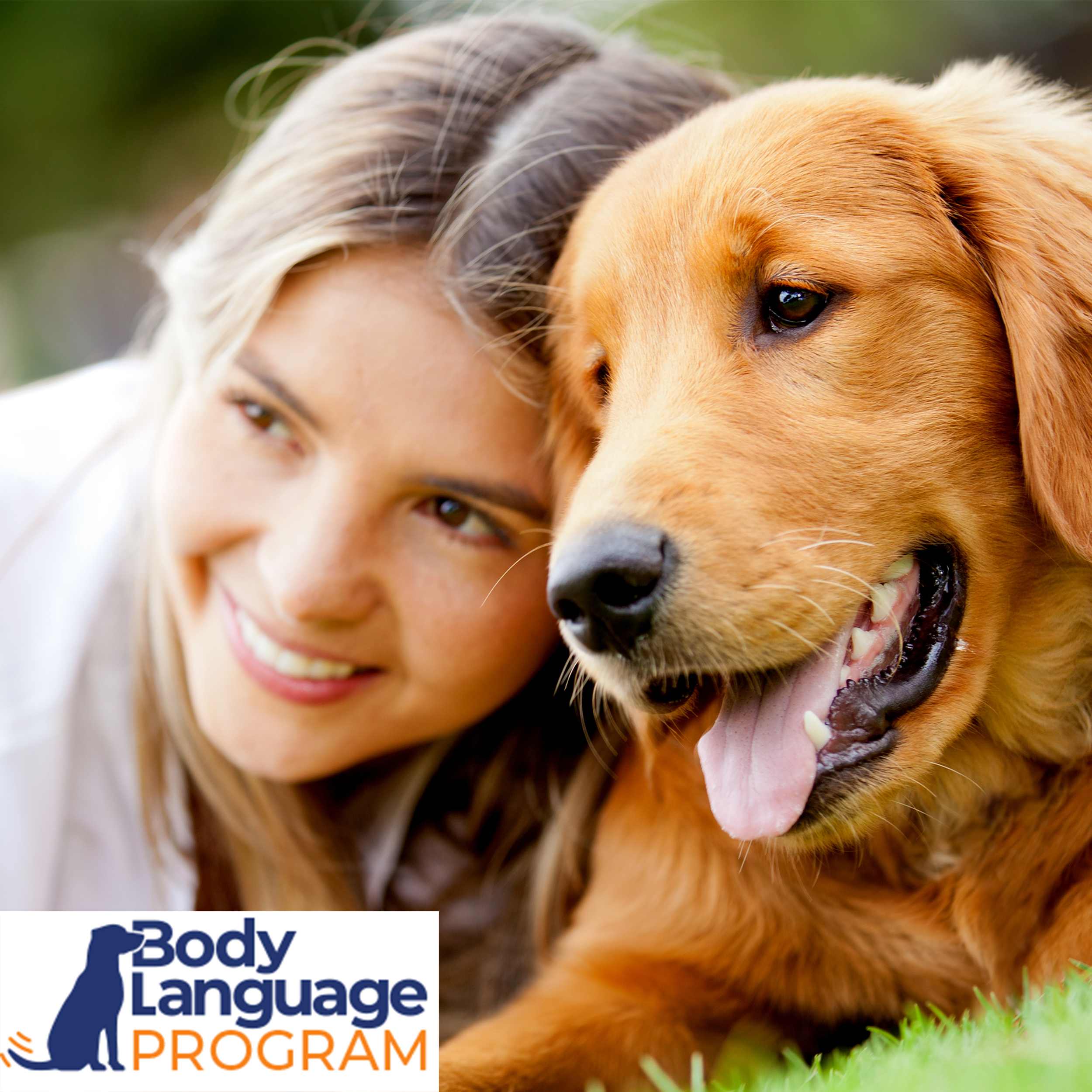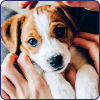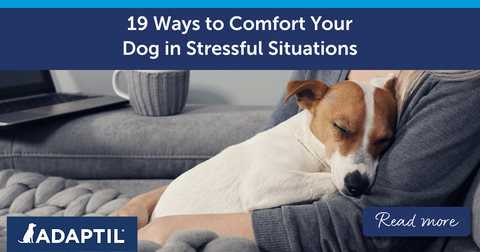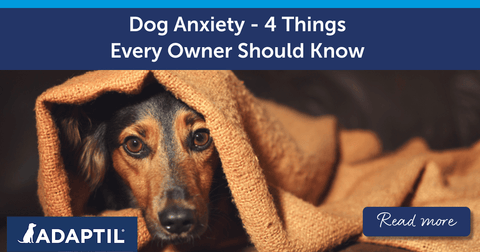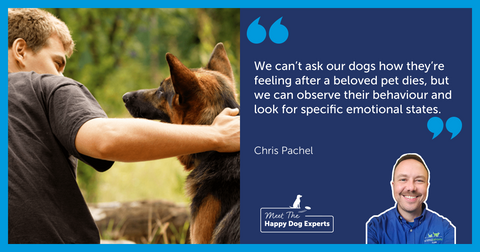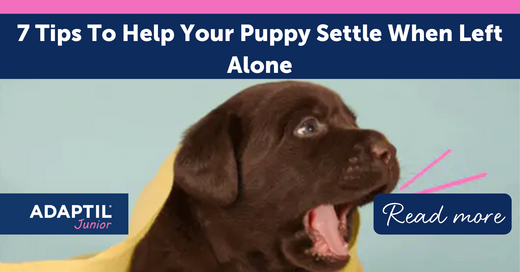
7 Tips to Stop a Puppy Barking When Left Alone
Do you dread the moment you get your puppy cozy and settled - only to leave them alone, and have them bark for attention?
It's a common terror for new puppy parents! So what can you do to help your pup settle down for good once you leave the room?
7 Tips To Help Your Puppy Settle When Left Alone
1. Tire your puppy out!
Puppies are known for their almost limitless energy! While this makes for great play sessions, too much unspent energy can leave your pooch restless and unable to settle down - so make sure your pet gets lots of physical and mental exercise during the day. Long walks and lots of play will wear your puppy out and help them sleep quietly when you leave them alone.
Try not to let your puppy take long naps in the day - or right before bed! If your pup falls asleep for too long, they won't sleep through the night, so a walk and play two hours before bedtime is best to encourage your pup to sleep calmly.
2. Set a regular toilet routine
Is your pooch crying because they need to go outside? Make sure you set a regular toilet routine for your puppy while you're housetraining them, so they know when to expect to go. Otherwise you may find your pooch is confused, and wants to go out when you leave the room!
3. Limit food and water before bed
As well as setting a toilet routine, try to feed your pooch at the same times each day - and never give food or water too close to bedtime, or your pooch will need to go outside! Ideally you should feed your pup three hours before bedtime, and stop allowing water one hour before bedtime to help them settle through the night. Setting regular mealtimes in the day will also help your pup learn when to expect food - and not to whine or bark for it!
Keep in mind that younger puppies with smaller bladders may still need to go out in the night, but as they grow and their toilet training progresses this will be less frequent.
4. Keep your puppy entertained
Sometimes a bored puppy is a noisy puppy! Chew toys, food puzzles and games are all important to make sure your pet is always busy, and has something to keep them interested. They may be barking and whining because they want attention and play, so keep your puppy entertained. Food toys and puzzles such as a food bone or kong toy are particularly effective; licking is self-soothing and will help to calm your pup, and giving these toys at bedtime can help to ensure a peaceful night.
5. Check for any medical issues
If you can't pinpoint why your puppy is barking when left alone, and have ruled out distractions, boredom and other triggers, it may be worth checking with your vet that nothing is wrong.
6. Don't react to every bark!
It's important that your pet learns to settle on their own, but keep in mind that the transition period may take a little time - this may take a few weeks. You can encourage and reinforce this lesson by rewarding longer periods of quiet alone time - but be sure not to react to any barking and crying! Don't rush back into a room to a barking puppy - instead wait until they settle before coming to pet them. This way your pooch will learn that quiet, calm behaviour is rewarded.
You should also avoid letting your puppy sleep in your bed - this will only reinforce the message that they need you nearby to settle, which isn't ideal when you need them to sleep in another room!
7. Build a safe puppy space
A safe, supporting environment is just what your puppy needs to help them settle when left alone. A safe haven with treats, comforting blankets and something that smells of you such as an old t-shirt, will help to calm your pet, even when you're not in sight. Having the radio on as a calming background noise may also help your puppy relax and settle down when you want them to.
Make sure your puppy's safe space is never used as a place for punishment - this should be a happy calm area where they can relax!
If your puppy still struggles to settle even after these tips, using ADAPTIL Junior can be used to help your puppy cope with being alone and reassure them, particularly for the first month after adoption.


